Pets bring joy, companionship, and love into our lives—but they can also bring something less welcome: parasites. Although most healthy pets pose minimal risk, it’s important to understand that some animals can carry parasites that are transmissible to humans, a process known as zoonotic transmission. Here are 10 pets that can spread parasites to humans and what you can do to protect yourself.
Cats

Cats, especially those that go outdoors or hunt, can carry Toxoplasma gondii, a parasite that causes toxoplasmosis. This parasite is shed in their feces and can be dangerous for pregnant women and immunocompromised individuals. Regular litter box cleaning (preferably not by those at risk) and keeping cats indoors helps reduce exposure.
Dogs

Dogs can carry several parasites that affect humans, including hookworms, roundworms, and Giardia. Children are especially vulnerable, as they’re more likely to play in contaminated soil or sand. Regular deworming and prompt feces cleanup are essential for prevention.
Reptiles
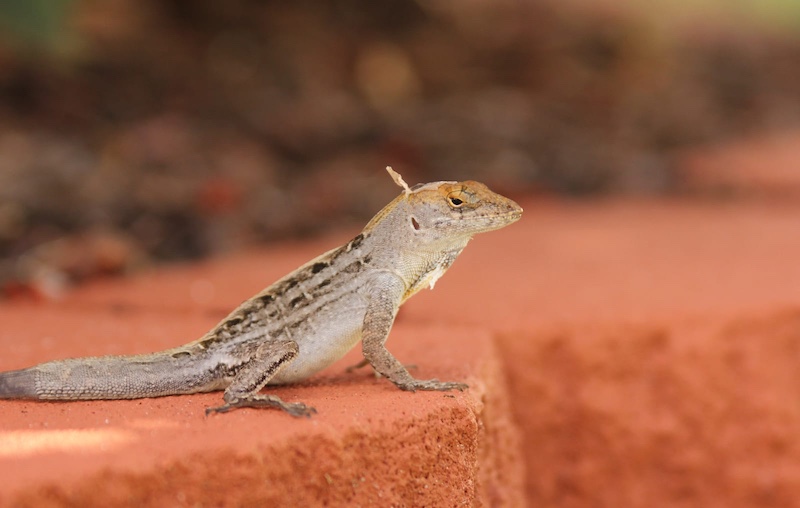
Snakes, lizards, and turtles don’t commonly show signs of illness when infected but can carry Salmonella, which is a bacteria, not a parasite—but reptiles have also been known to carry Cryptosporidium, a protozoan parasite that causes gastrointestinal distress in humans. Handwashing after handling reptiles is critical.
Hedgehogs
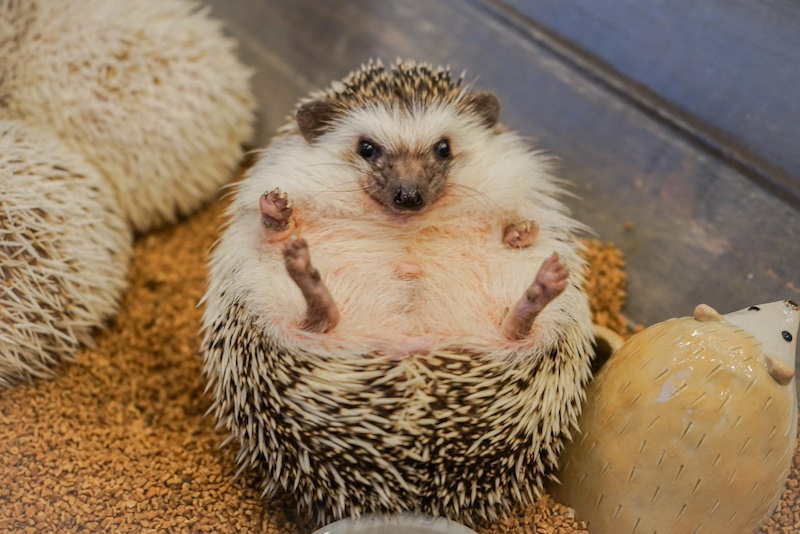
These adorable spiky pets can harbor Salmonella bacteria and fungal infections like ringworm. While they often appear clean and low-maintenance, they can carry pathogens on their skin or in their droppings. It’s important to wash hands after handling them and to avoid kissing or snuggling them too closely—no matter how tempting it is!
Birds
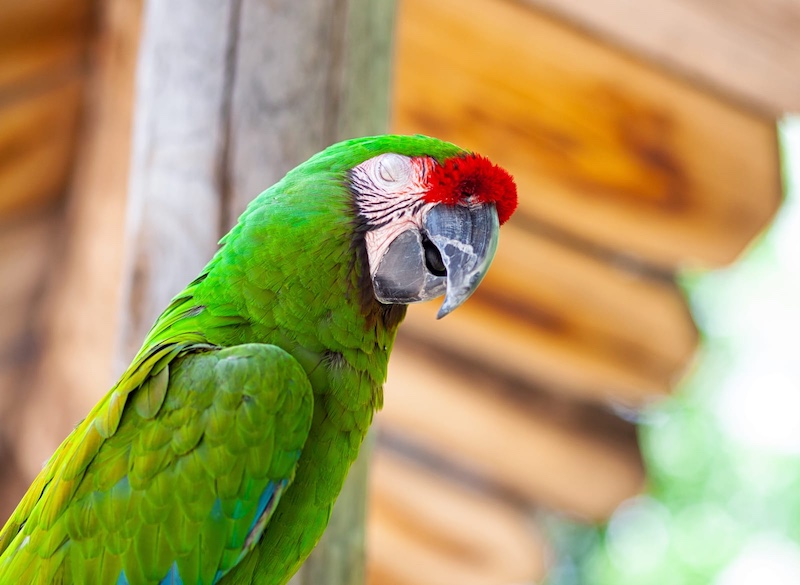
Pet birds such as parrots and canaries can carry Giardia and Cryptosporidium, especially if their water sources are contaminated. Additionally, some birds may host mites that cause dermatitis. Proper cage hygiene and fresh water are essential for prevention.
Ferrets

Ferrets can carry Giardia and E. coli, especially if housed in unsanitary conditions. Though rare, ferrets may also spread parasites such as fleas and mites that cause discomfort and itching. Routine veterinary care and sanitation are important safeguards.
Fish
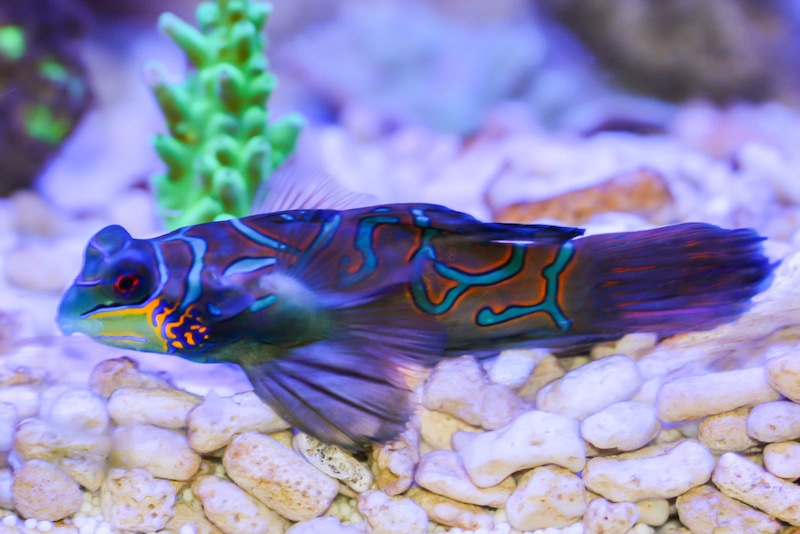
Aquarium fish can spread Mycobacterium marinum, a bacteria often confused with a parasite due to the lesions it causes, but fish tanks may also harbor Cryptosporidium if water quality is poor. Wearing gloves during tank maintenance and washing hands afterward can help protect against infection.
Rabbits
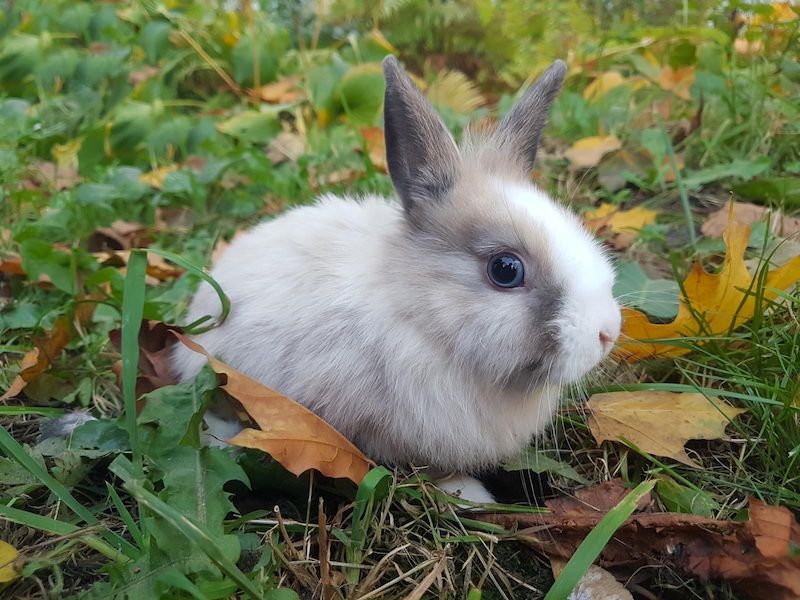
Though generally low-risk, rabbits can spread Eimeria (a cause of coccidiosis) and mites like Cheyletiella, also known as “walking dandruff,” which can transfer to humans. Keeping living areas clean and avoiding overcrowding reduces the risk.
Guinea Pigs
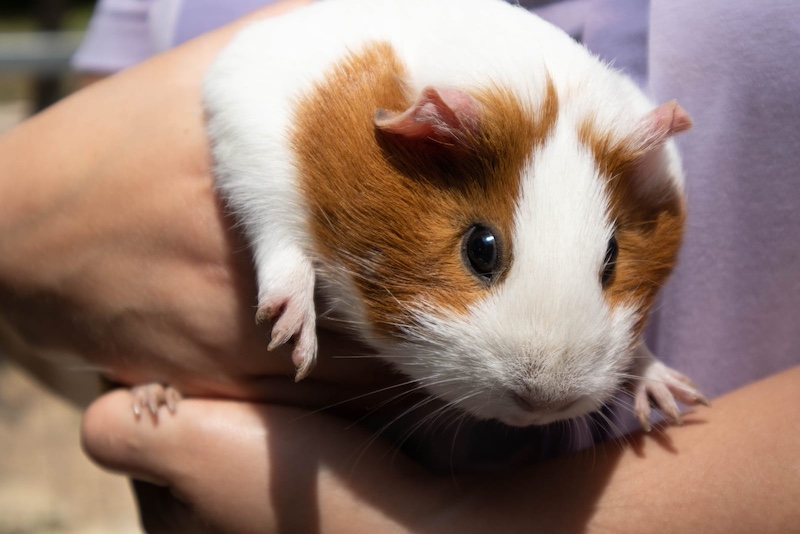
These cuddly pets can harbor mites and lice, which may transfer to humans. Some may also spread Cryptosporidium through contaminated water or feces. Regular cage cleaning and grooming help prevent infestations.
Exotic Pets (Monkeys, Sugar Gliders)
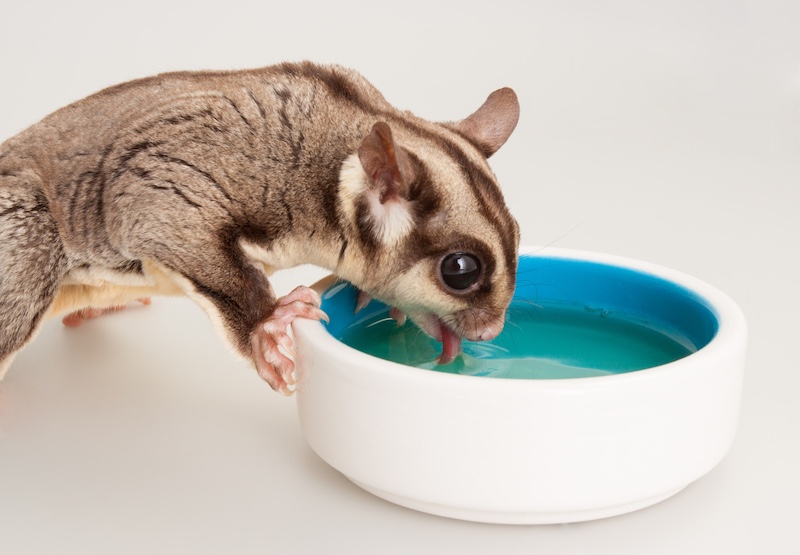
Some exotic animals, especially non-traditional pets like monkeys, may carry parasites such as Strongyloides or Entamoeba histolytica. Because of their complex care needs and higher zoonotic risk, these pets are best left to experienced handlers with veterinary oversight.
- Please Note: This content was created with the assistance of AI and thoroughly edited by a human before publishing.

